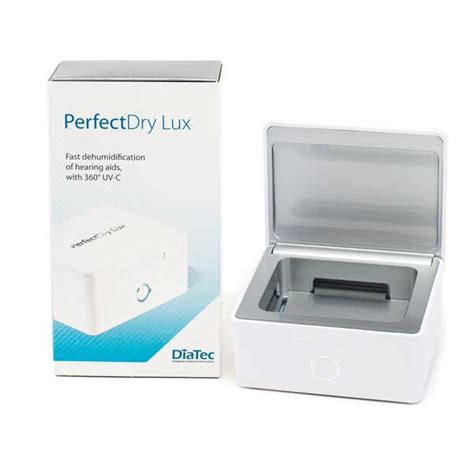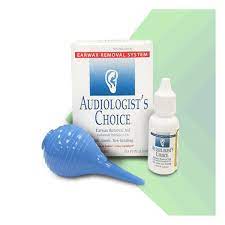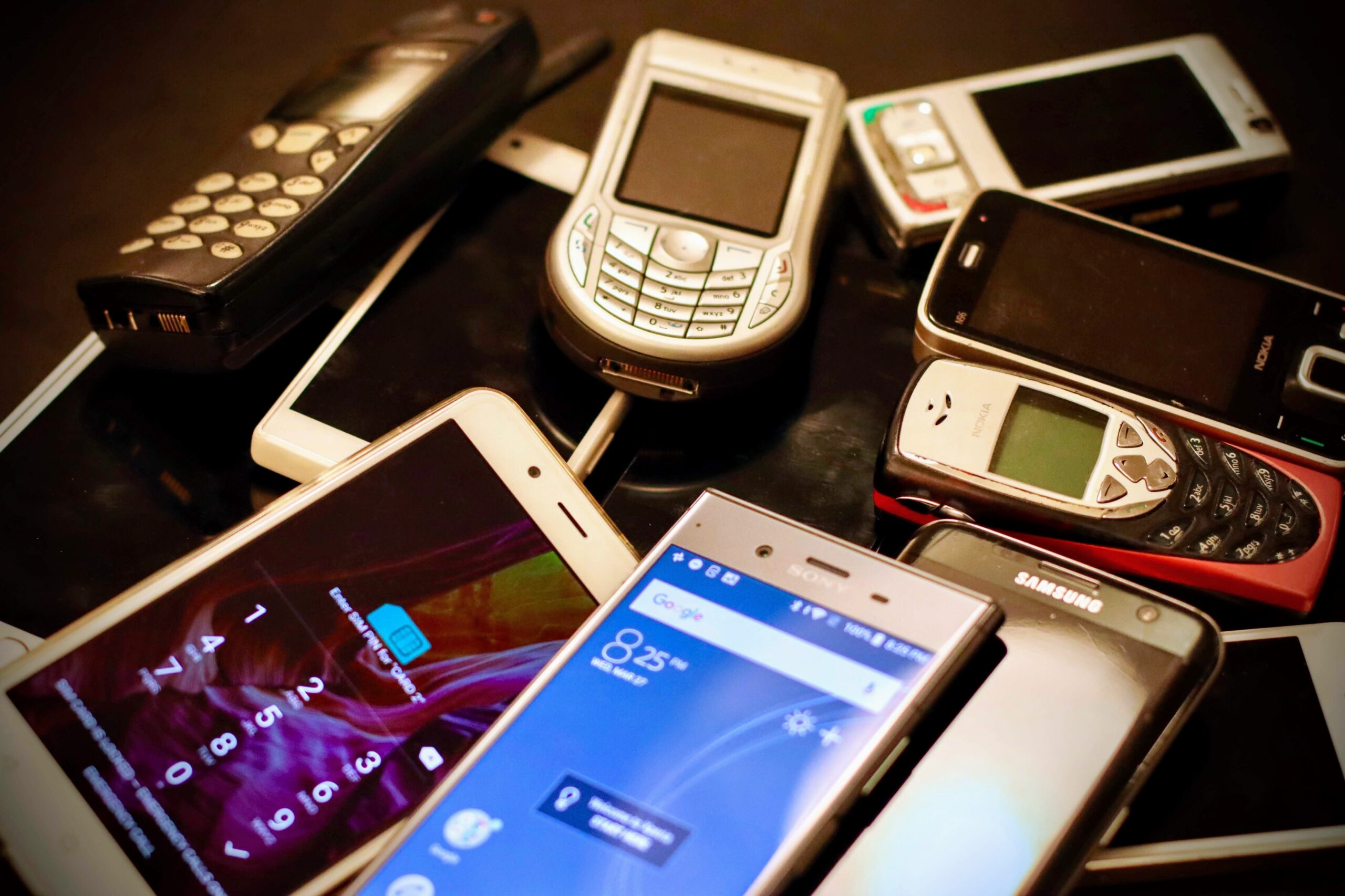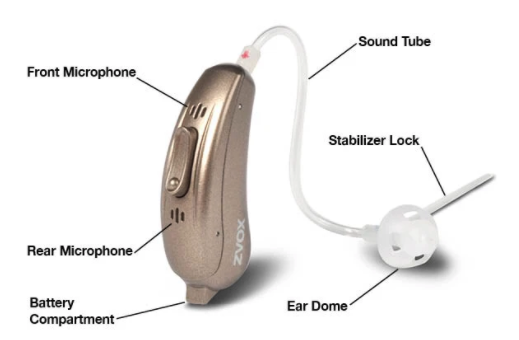
Hearing aids are a significant investment, one that we want to protect and ensure longevity. Typically lasting between five to seven years (with some even exceeding this), the longevity of your hearing aids can be influenced by factors such as technological advancements and regular wear and tear. However, there are proactive steps you can take to protect your investment and extend their lifespan. In this blog post, we’ll explore five key strategies to help you make your hearing aids last longer.
1 Clean and Service your Hearing Aids
To keep your hearing aids in optimal condition, make daily cleaning a habit. At night, follow these simple steps:
- Gently wipe them with a soft, dry cloth, ideally a microfiber glasses cloth.
- Remove any accumulated wax using a Kleenex, new wax filters, or the provided brush.
- Store them in their charger or carrying case when not in use to shield them from dirt and debris.
Maintaining clean hearing aids can significantly reduce the need for repairs and extend their lifespan. This is why attending your regular cleaning and maintenance appointment with your hearing healthcare team every 3-4 months is important.
2 Keep Them Dry

Moisture can harm electronics, including your hearing aids. While avoiding wearing them in the shower or heavy rain is obvious, be mindful of temperature-related moisture issues. Sudden temperature changes, like going from cold outdoor air to indoor warmth, can cause condensation within the hearing aids. To counter this, be aware and act accordingly.
Additionally, if you’re someone who sweats a lot, i.e. moisture you can’t prevent, investing in a hearing aid dehumidifier would be extremely valuable.
If ever in a pinch or your hearing aids happen to get wet, here are some quick tips.
3 Keep Them Free of Chemicals
You may not think about it, but hearing aids can be damaged by chemicals in our everyday products. This includes items like cosmetics, hairspray, eardrops, bug spray, perfume/cologne, etc. (a lot of aerosols and lotions). Apply these products before wearing your aids or remove them when reapplying. This simple step safeguards your devices from potential harm.
4 Replace Parts as Needed
Despite their durability, certain parts of hearing aids wear out due to daily use or accidental damage. Many types of hearing aids allow for in-office replacement of these parts. Addressing issues promptly and attending regular cleaning and service appointments with your hearing care provider ensures optimal performance.
5 Extending The Battery Life
A major component of hearing aids is the battery. In addition to the general care tips above, the following are a few ways to increase your hearing aid battery life.
For traditional batteries:
- Check the expiration date. Yep, batteries do expire, after which they will not function optimally.
- Don’t remove the sticker till you’re ready to use. Traditional zinc batteries are air-activated; they will start to drain as soon as the sticker is removed and the air hits them.
- Leave the batteries in the air for about 1-5 minutes before putting them in your hearing aids. As they are air-active, it can take a couple of minutes for them to fully activate.
- Store batteries at room temperature. Just like leaving electronics in extreme temperatures, batteries can corrode or not function properly if left in extremes.
- Clean your hands before changing the batteries. Oils and debris on our hands can leave residue on the batteries, hindering the connection between them and the electronics inside the hearing aids.
- Leave the door open when not using, and remove the battery completely if not using for a while. Wait, Taylor, didn’t you say the batteries are activated and will drain anyway? Yes, that is true, but the batteries will drain significantly less if they are not powering the hearing aid. Opening the doors, the battery will still drain a little, but not as much.
For rechargeable batteries:
- If you’re not using the aids for a long period of time, take them off the charger. Your practitioner can put them into sleep mode for long-term storage if necessary. This protects the batteries from trying to fully charge all the time, potentially damaging the overall battery longevity.
- Don’t leave them in the charger unplugged. Similarly, leaving them in the charger “dead” can also harm the battery’s longevity and how effectively it recharges.
- It is best to use a wall socket for optimal charging. While you could use the charging in your car or with battery packs, the charge doesn’t carry the same voltage to charge efficiently.
- Charge at room temperature. No extreme temperatures.
Conclusion
While hearing aids typically have a lifespan of five to seven years, taking proactive steps to care for them can significantly extend their usability. By incorporating these maintenance strategies into your daily routine, you can enjoy better hearing and improved quality of life for years to come.
If you have any questions or need further guidance on maintaining your hearing aids, please don’t hesitate to reach out to us.



Recent Comments